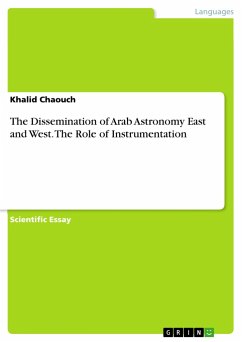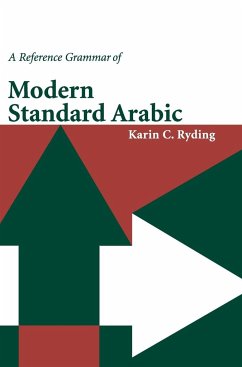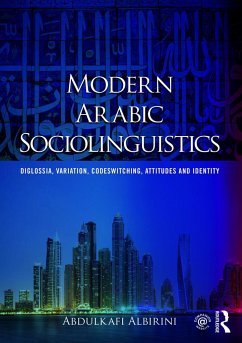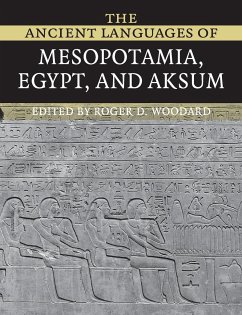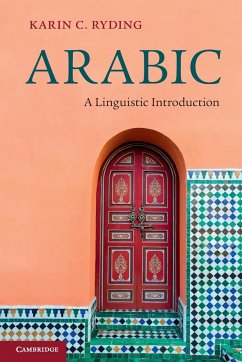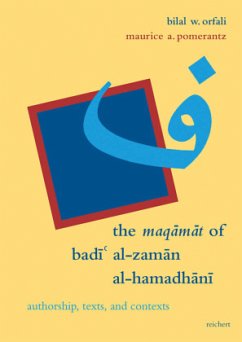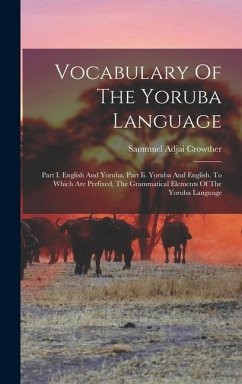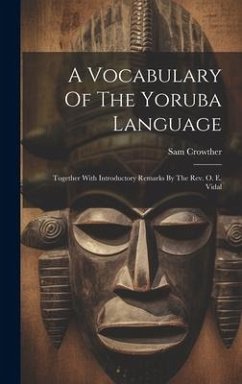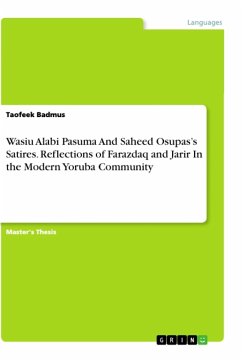
Wasiu Alabi Pasuma And Saheed Osupas's Satires. Reflections of Farazdaq and Jarir In the Modern Yoruba Community
Versandkostenfrei!
Versandfertig in 1-2 Wochen
47,95 €
inkl. MwSt.

PAYBACK Punkte
0 °P sammeln!
Master's Thesis from the year 2019 in the subject Orientalism / Sinology - Arabistic, grade: 7.0, University of Ibadan, language: English, abstract: This study compared selected Medieval Arab satires in the poetic form with contemporary Yoruba satire in the Fuji form. The method applied in this study is the comparative analytical method.The phenomenon of satire could be found in both ancient and contemporary cultures. While ancient satires of the Arab and Yoruba had left elements of exorcism and cleansing in the form of satiric responses to initial curses, the medieval Arab and contemporary fo...
Master's Thesis from the year 2019 in the subject Orientalism / Sinology - Arabistic, grade: 7.0, University of Ibadan, language: English, abstract: This study compared selected Medieval Arab satires in the poetic form with contemporary Yoruba satire in the Fuji form. The method applied in this study is the comparative analytical method.The phenomenon of satire could be found in both ancient and contemporary cultures. While ancient satires of the Arab and Yoruba had left elements of exorcism and cleansing in the form of satiric responses to initial curses, the medieval Arab and contemporary forms of Yoruba satires morphed their satires into a pseudo form of entertainment and contest whilst stroking various crucial cultural elements and themes like Religion, socio-political context, gender and the language element in their satires. The satires of Farazadaq and Jarir was gotten from Kitabun-Naqaid li Farazdaq wal-Jarir of Abu-Ubaydah while the satires of Pasuma and Osupa was extracted from various record CDs. Furthermore, the theory applied to this study is typology which is a category of the parallelism theory that attempts to compare some similar literary phenomena produced at a different time, period, space geography and cultural context to discover the deep level of cultural differences under thesimilar type representation.Following this theory, this study was able to establish similarities and differences between the satires of Farazdaq and Jarir and Pasuma and Osupa. Indeed, this study established there is a reflection in certain aspects of the satires like in the methods of satires, some structural techniques used within the satires as well some shared solipsistic valueswhich question the cultural value system of satire itself. Further inquiries into the cultural contexts of the satires revealed a congruence of partial Islamic influence and gender on both satires but also exposed divergence in the spate of influence of other conflicting contexts like misogynist, sexuality and traditional morality. The study recommended further expansive studies into the intercultural motifs and other subject matter outside its scope while emphasizing the need for communal funding for the purpose of preserving our local culture while promoting it in the global space.



